On the surface, a DnD level up doesn’t seem that hard. You bonk a few D&D monsters on the head; you pick up some gold or magic items; and you save the day – job’s a good’un, right? All seems well until you’re passed your character sheet and some polyhedral dice – suddenly there’s all this pesky maths to do.
It might seem like your reward for all that hard work is more hard work, but a DnD level up is rewarding. Your character gets stronger, unlocks new spells, and can save the day in bigger and better ways than ever before. And once you’re familiar with the different die rolls and modifier thresholds, you’ll be cruising straight to level 20.
We’ve put together a guide to sum up everything you need to know when leveling up 5e D&D characters. This includes how experience points are awarded, and how character sheet constants like hit points, ability scores, and proficiency bonuses are affected by your character becoming the most swole version of themselves.
Here’s a guide to a DnD level up:

LEVEL UP METHODS
This first guide entry is designed for whoever is holding a copy of the Dungeon Master’s Guide. It’s ultimately up to the DM to dole out the experience for a DnD level up, and there’s more than one way to do so.
The first of these is by allocating experience points (XP). Every monster a party encounters has an XP value based on its challenge rating, and this is designed to reward players for defeating the creature in battle. Combat XP is typically split equally between the party. However, there are several instances where this rule may be modified.
It builds character: The best DnD character builds explained
For example, some DMs may choose not to award XP to absent players. They may also choose to allocate a certain amount of XP to an NPC which made the fight considerably easier. Some DMs may even choose to award uneven amounts of XP depending on which characters contributed the most in combat – though the Dungeon Master’s Guide recommends keeping the playing field even by sharing equal XP.
This approach also instructs DMs to decide how much XP their players can earn from certain non-combat activities. Alternatively, you may choose to award XP when the party reaches significant milestones, such as achieving a specific goal or reaching an important destination.
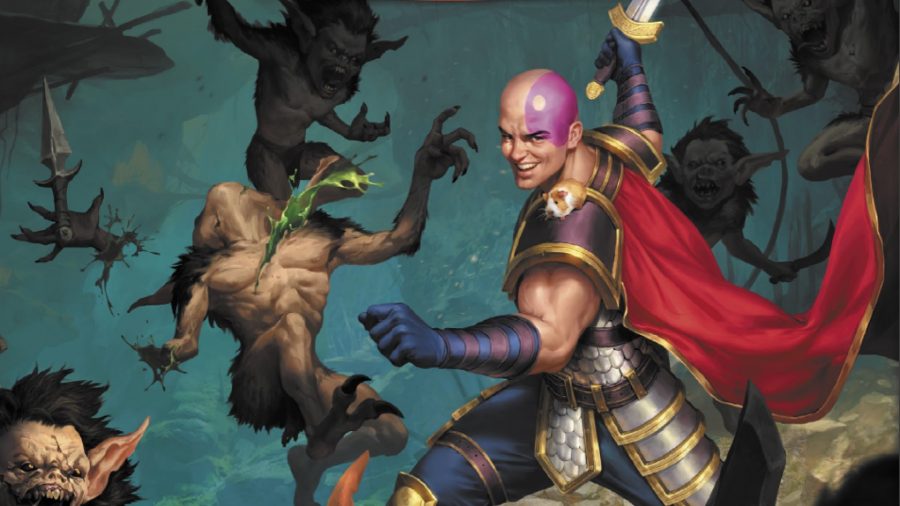
Here’s how much XP a character needs to earn to reach a new DnD level:
| Level | Experience Points |
| 1 | 0 |
| 2 | 300 |
| 3 | 900 |
| 4 | 2,700 |
| 5 | 6,500 |
| 6 | 14,000 |
| 7 | 23,000 |
| 8 | 34,000 |
| 9 | 48,000 |
| 10 | 64,000 |
| 11 | 85,000 |
| 12 | 100,000 |
| 13 | 120,000 |
| 14 | 140,000 |
| 15 | 165,000 |
| 16 | 195,000 |
| 17 | 225,000 |
| 18 | 265,000 |
| 19 | 305,000 |
| 20 | 355,000 |
Another way to level up DnD characters is to do away with XP altogether. With this method, you may award DnD level ups depending on how many sessions players play, or after important plot points in your DnD campaign. This is recommended if your game doesn’t have much combat, for example.
Whether or not you use XP, however, there’ll still be plenty to do when levelling up 5E characters. We’ve broken down everything you’ll need to calculate in the following sections.
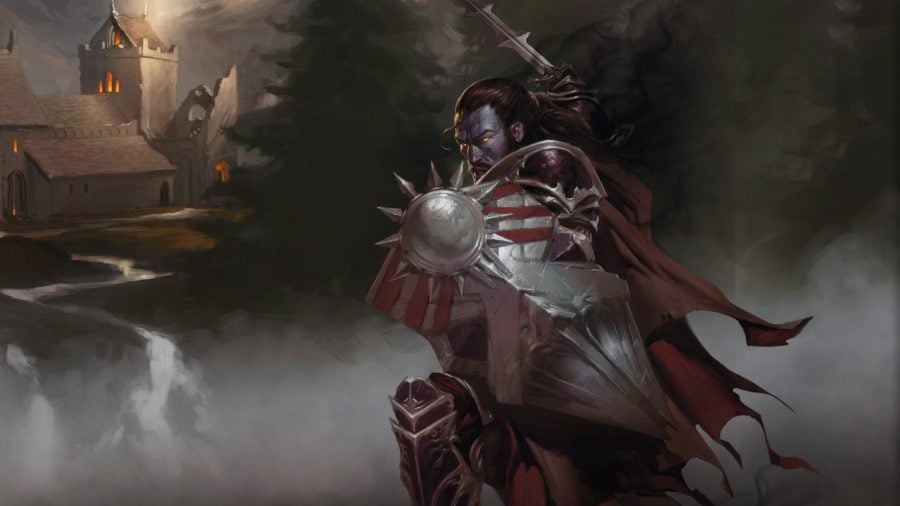
DnD classes 5E
Each of the DnD classes has different rules for a DnD level up. If you’re looking to level up a character with a specific class, it might be helpful to have their relevant guide open alongside this one.
Here’s a list of DnD classes 5E:
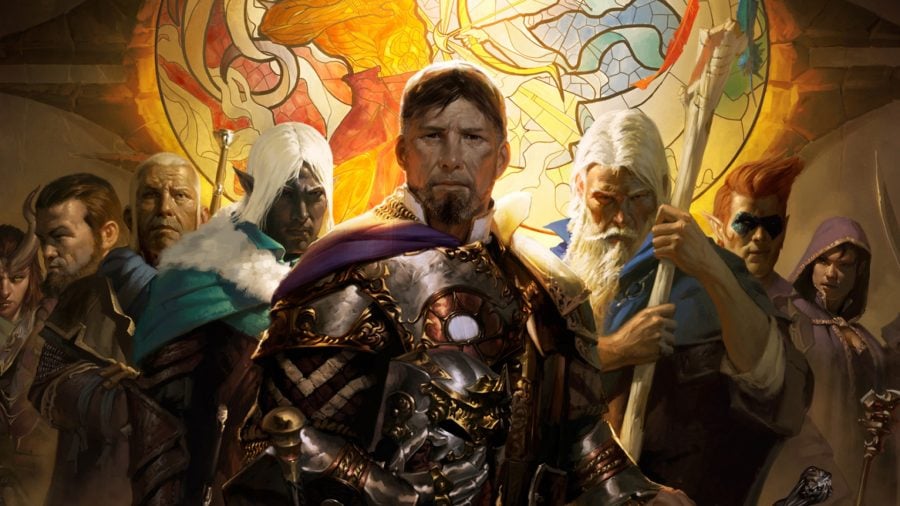
DnD hit points 5E
Each time you gain a level, you increase your hit points by rolling a hit die and adding your Constitution modifier or using a fixed, average value. The die or number you use is determined by which class you chose.
There’s more: Check out our DnD 5E multiclassing guide
If at any point your Constitution modifier increases, your hit point maximum increases too – by one point for each level you’ve gained.
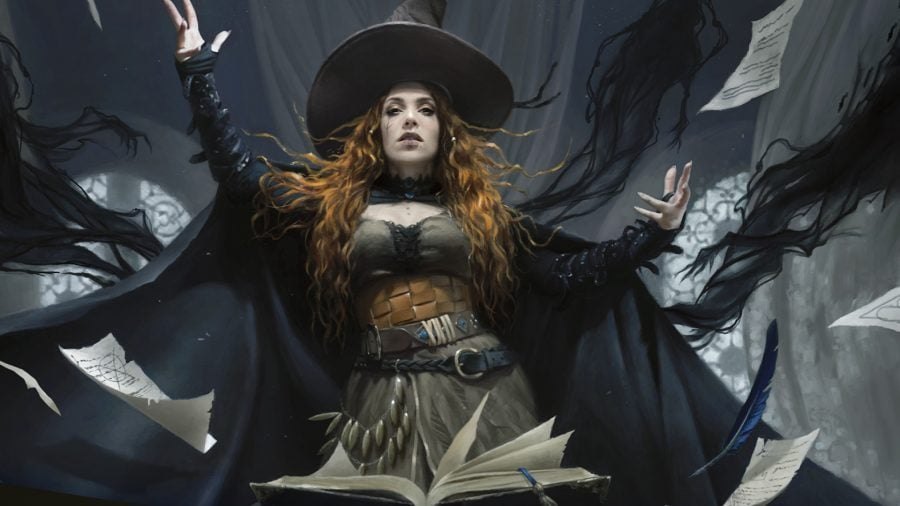
DnD ability scores 5E
The base number you roll when calculating ability checks can also increase as your D&D character levels up. For a more in-depth look, we have a DnD stats guide to give you a comprehensive introduction to each skill.
You typically unlock the opportunity to improve your ability scores at levels four, eight, 12, 16, and 19. Some classes, like Rogue and Fighter, grant ability score increases at different levels. When improving your ability scores, you can choose to increase one ability by two points or two abilities by one point each – though no ability score can go over 20.
Create your own: A D&D character creator guide
Alternatively, you could choose to take one of the DnD 5E feats instead (check out our guide for more details on what that entails).
As your ability scores increase, so do their individual modifiers:
| Ability score | Modifier |
| 1 | -5 |
| 2 – 3 | -4 |
| 4 – 5 | -3 |
| 6 – 7 | -2 |
| 8 – 9 | -1 |
| 10 – 11 | +0 |
| 12 – 13 | +1 |
| 14 -15 | +2 |
| 16 – 17 | +3 |
| 18 – 19 | +4 |
| 20 | +5 |
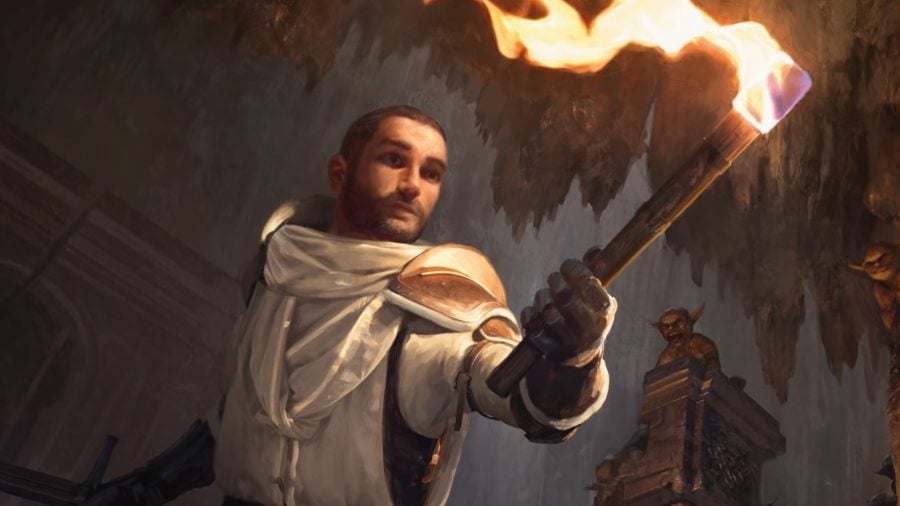
DnD proficiency bonus 5E
Your proficiency bonus is a modifier added when your character uses certain skills, tools, or items. It doesn’t always increase when you level up, but it has a big impact when it does. You can expect your proficiency bonus to increase at levels five, nine, 13, and 17.
D&Diversity: A complete DnD races guide
Here’s a complete table of levelling up 5E proficiency bonuses:
| Level | Proficiency bonus |
| 1 – 4 | +2 |
| 5 – 8 | +3 |
| 9 – 12 | +4 |
| 13 – 16 | +5 |
| 17 – 20 | +6 |
Source: Wargamer




